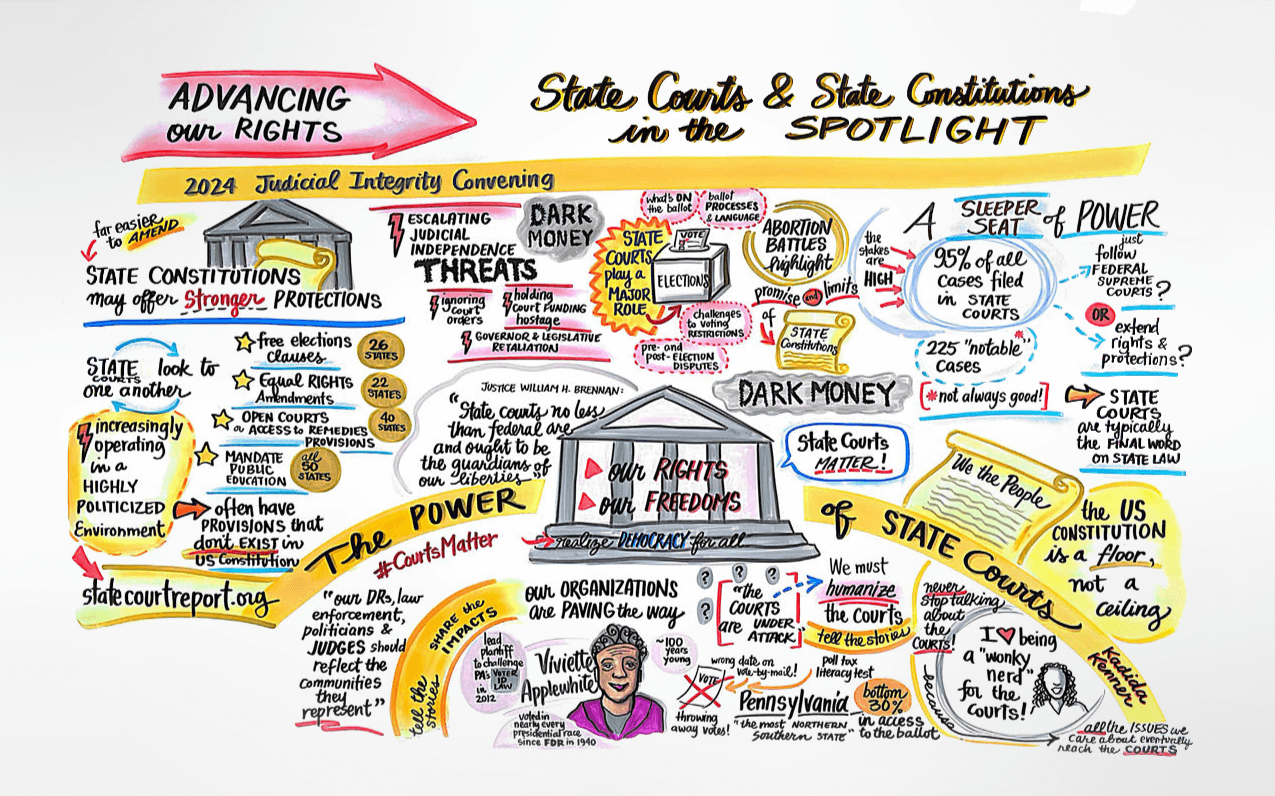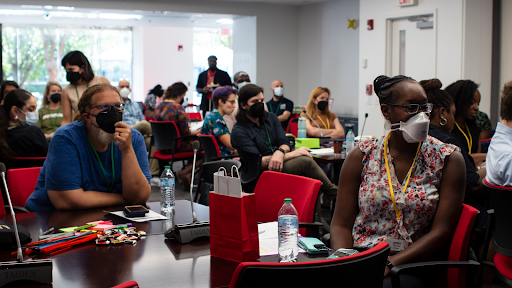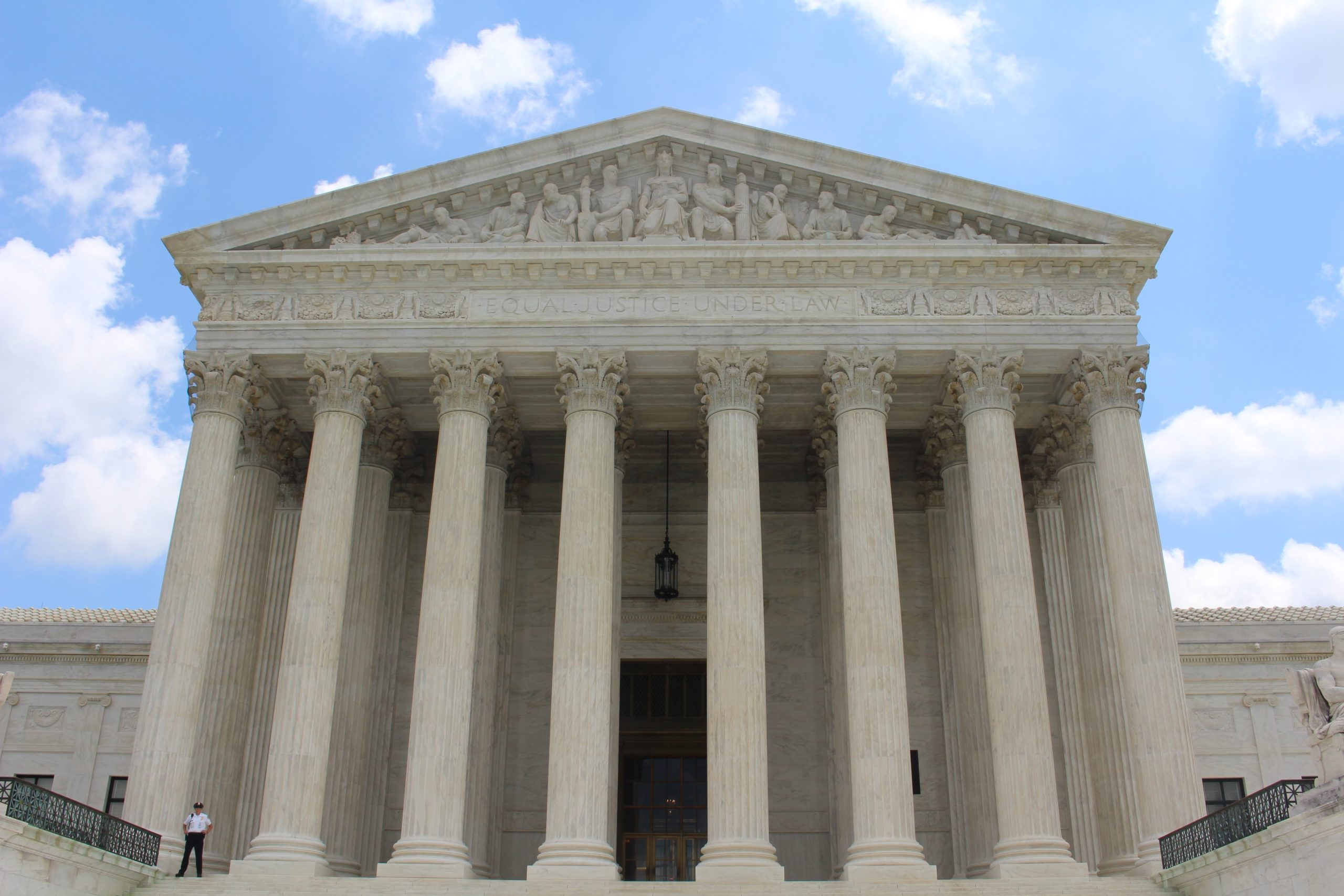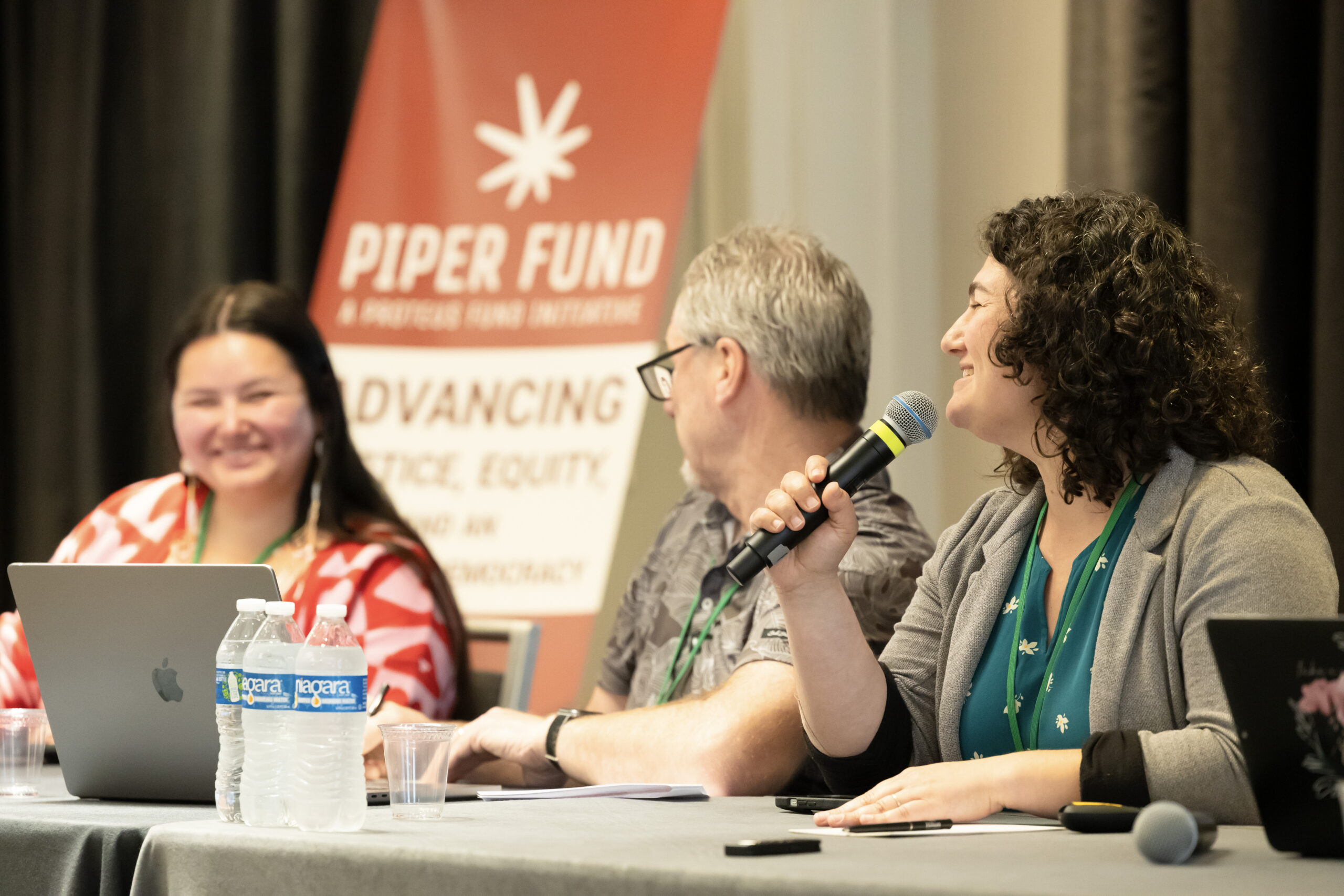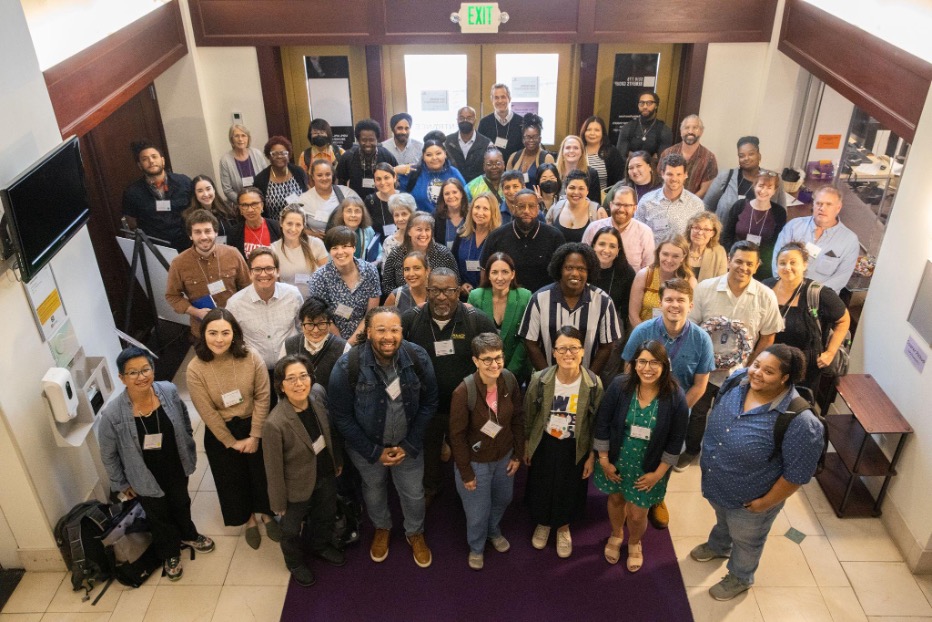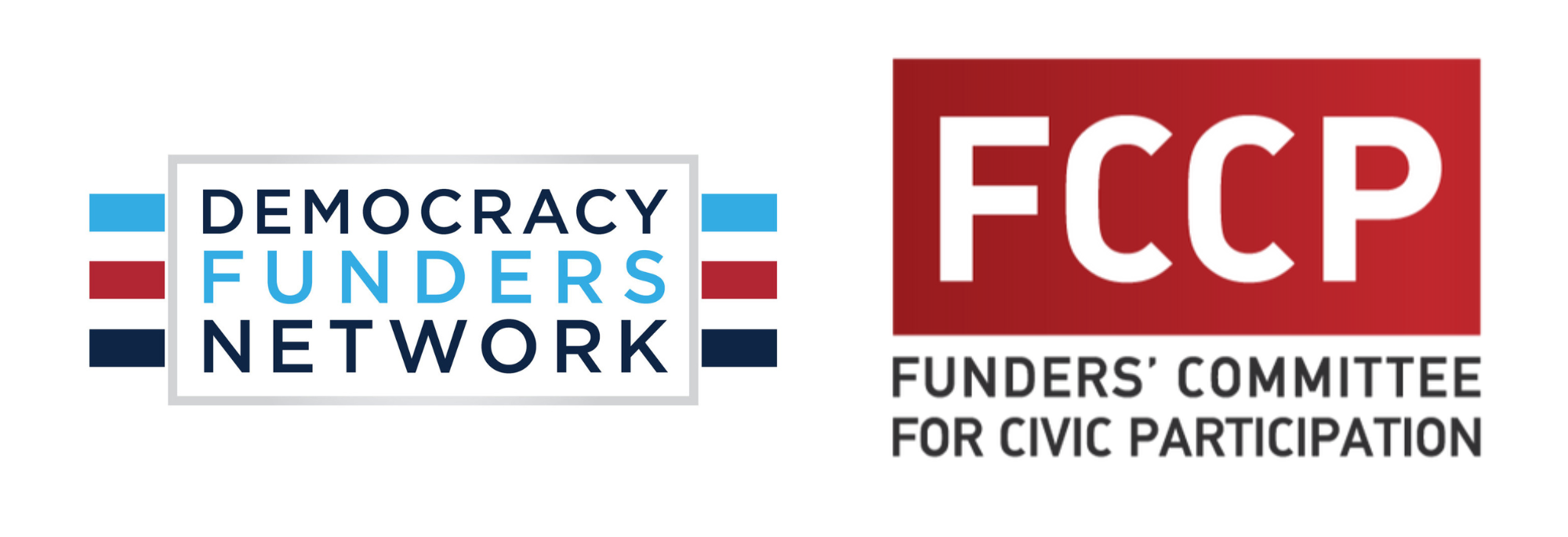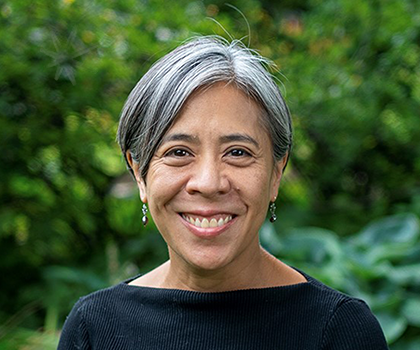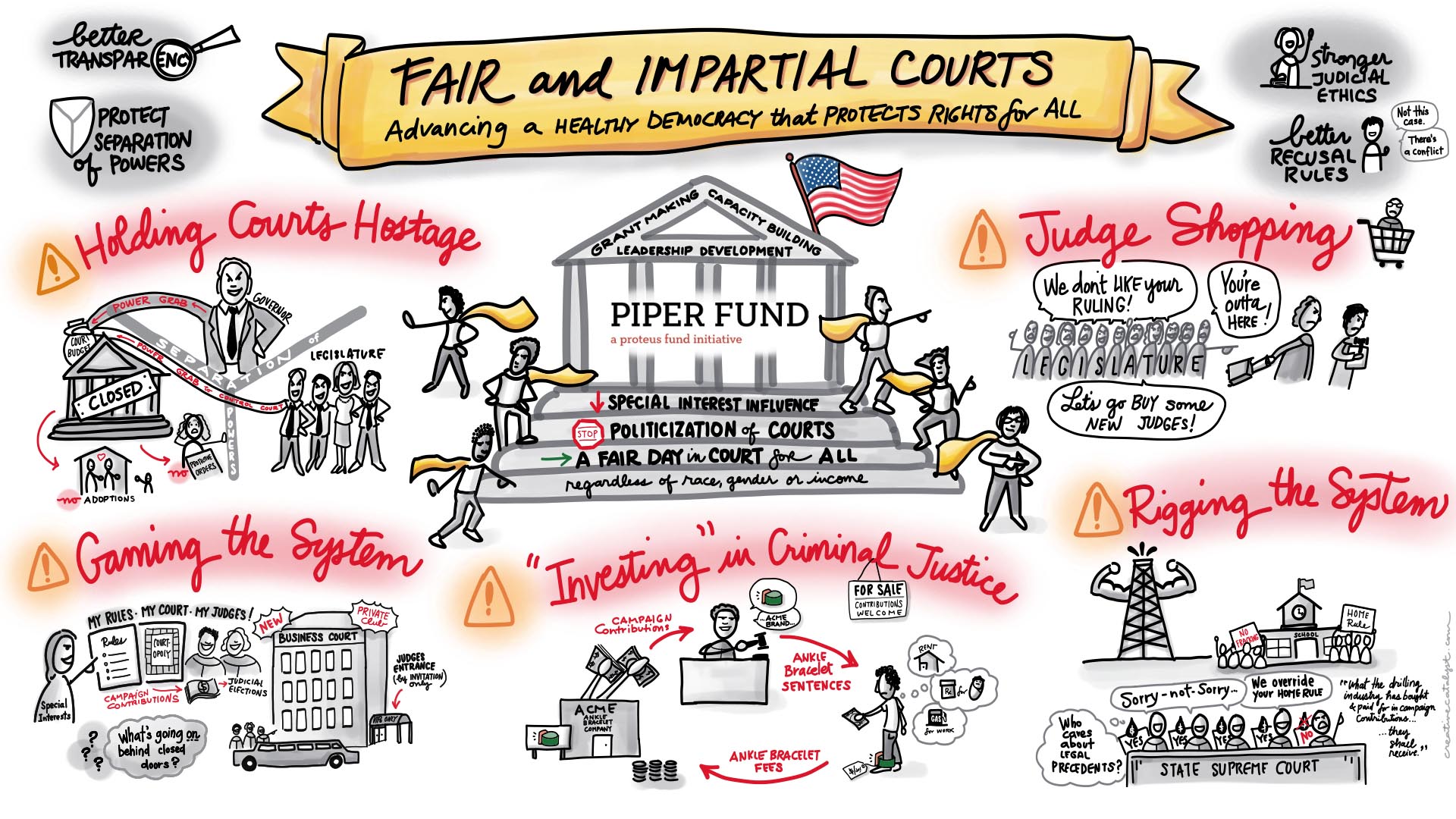This testimony is based on an interview by Piper staff to Larry Stafford Jr., executive director of Progressive Maryland, one of Piper’s grantees and member of the Fair Elections Maryland coalition, working on moving public financing reforms in Baltimore City and Prince George County, and implementing small-donor programs in Montgomery and Howard counties.
I started organizing about 11 years ago in Prince George, where I grew up in a community that was lacking in a lot of resources. When I was trying to register folks to vote, many had become apathetic and felt that the political process was out of their reach and detached from their reality. Many elected officials have had oppressive relationships with those communities, operated at the detriment of the members they are supposed to serve. Our community was not able to have much of a voice, and it was justifiable to have become apathetic.
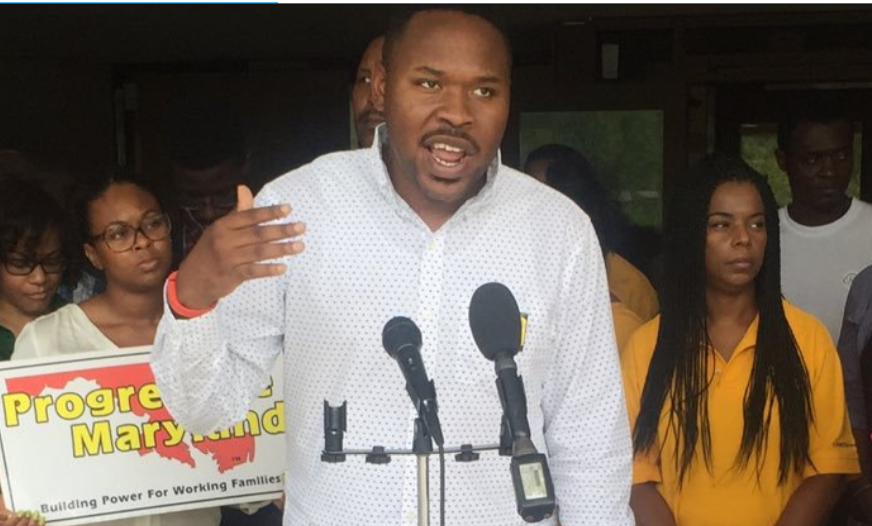
Piper has supported our work to educate and empower communities that are often most disadvantaged by our money-driven political system. Piper funding has meant a great deal to our work building power in Black and Brown communities for changes in our political system.
When it comes to money in politics, we have many supporters who just don’t know they are supporters yet. There is a disconnect in understanding money in politics at the federal level and around local policies. What we know from our allies is that this is something we can win if we educate people, but you must connect it to tangible issues to get through.
At Progressive Maryland, for example, we have been leading a coalition to end the jail bail system. Prosecutors use it as a tool to plead out charges to get lighter sentences, even if folks are not guilty of the charges. Many people accept these plead agreements because they can’t afford the bail money, then they lose their jobs and are not able to get employment afterwards. This has devastated many families in our communities.
I remember my cousin, in his early 20s, being arrested and assaulted by the police, his face and eyes were swollen. He was hospitalized and incarcerated and held in prison because his mom couldn’t afford the bail money, so my father and family had to chip in to set him free. We were fortunate in our household; we were relatively middle class. My father was like a hero to many, he was the person family members and community members would go to be bailed out of jail.
Hopefully, the Maryland Court of Appeals ruled to deprioritize the use of cash bail and that no one should be detained because they couldn’t pay for their freedom. Several senators, however, moved legislation to reverse the court’s decision and bring back the use of cash bail in our state. We came to find that these particular officials had taken great sums of money from the bail industry. We were able to organize with our allies and eventually to prevent it to move forward, with a lot of media shaming, to be honest.
Prince George is predominantly African American, and they have a different understanding and relationship to money in politics. Folks talk about it in a different way. Racism and discrimination is a very central problem, so we must include race and class as a factor. You can’t come in with a colorblind analysis, because it’s an economic system— the way that race and class works—that benefits the powerful.
We want to close that gap and bring equity to the political process for regular working-class people. By passing public campaign reform, elected leaders will have to go to the communities to listen to their issues. We think that clears the way for women and people of color have a bigger say in the political process.
